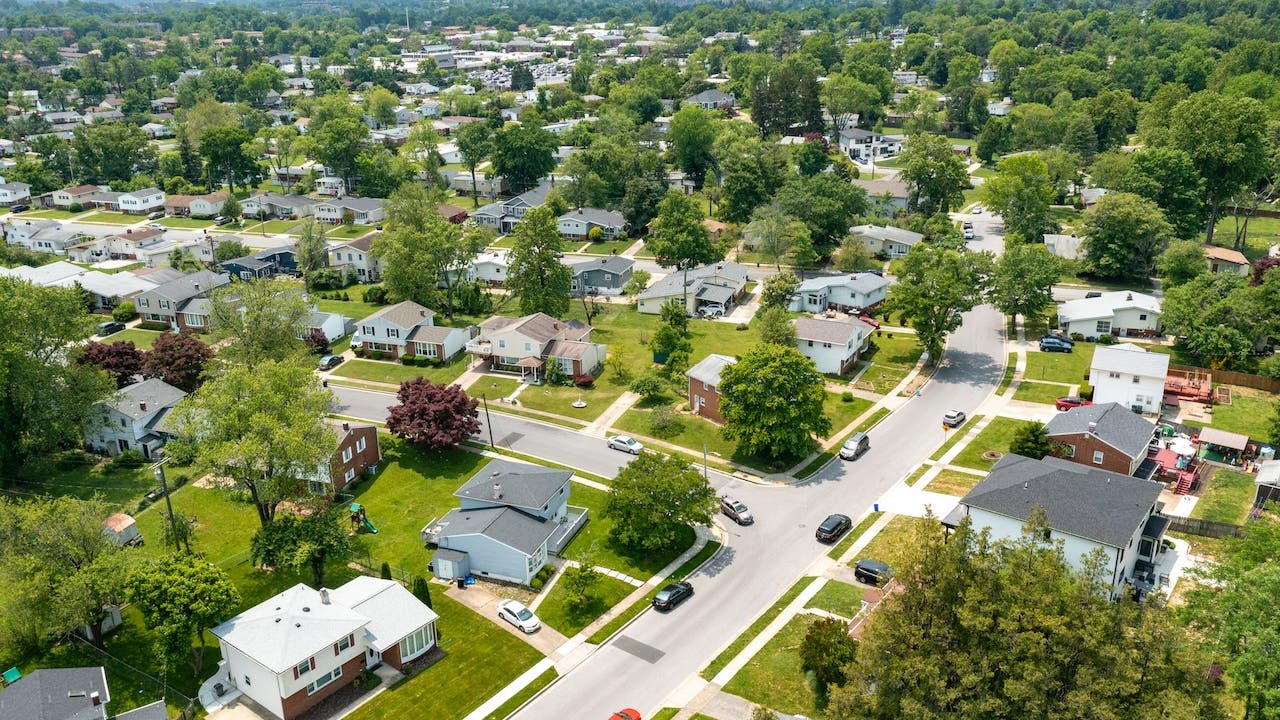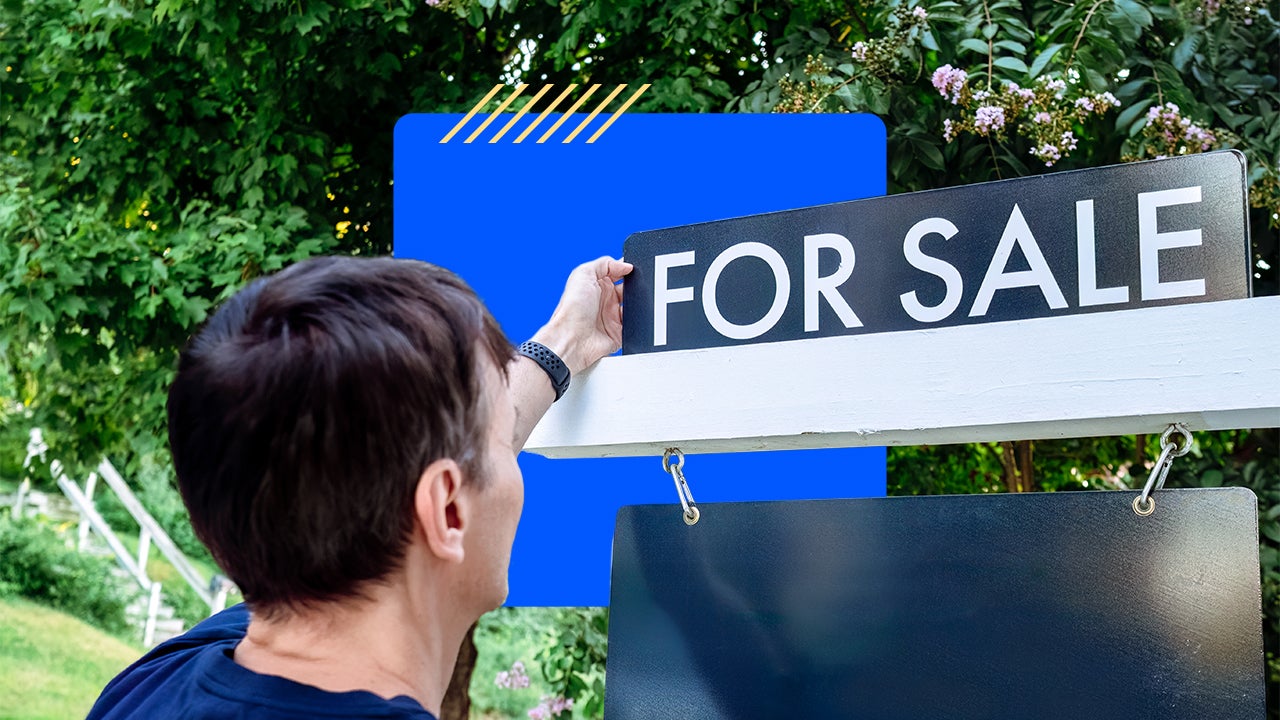Closing costs in Maryland

You’re in contract to buy the Maryland home of your dreams — or maybe you’re in contract to sell your Maryland home and move to your dream location. Now what? The last step of any real estate transaction is the closing, where the buyer and seller each pay their share of the fees and expenses known as closing costs. These can add thousands to the amount you owe. Here’s what to know about who pays closing costs in Maryland, and how much they will run you.
How much are closing costs in Maryland?
Each state has its own rates and methods for handling closing costs. In Maryland, closing costs average about 3.7 percent of the home’s sale price (not including real estate commissions), according to data from CoreLogic’s ClosingCorp. That’s one of the highest rates in the country: By comparison, in neighboring Virginia, they average just 1.7 percent.
The median sale price for a Maryland home, according to Redfin data, was $405,200 in October 2023. On a home of that price, that would put closing costs at just under $15,000. But of course, home prices can vary significantly depending on where in Maryland you are. In Baltimore, for example, the median is just $207,250, which would mean closing costs of $7,668. But in the Washington suburb of Bethesda, the median is more than $1.1 million, pushing closing costs up to more than $40,000.
Who pays closing costs in Maryland, buyers or sellers?
Both buyers and sellers pay closing costs of some form in Maryland, as in any state. However, neither party is responsible for the full amount alone. Here’s a breakdown of who usually pays for what — and keep in mind that if you hire a real estate lawyer to guide you through the transaction, the attorney fees will be payable at closing as well.
Closing costs for buyers
As a buyer, most of your closing costs will relate to securing a home loan. (If you are lucky enough to be able to pay in cash, your closing costs will be significantly lower.) Homebuyers typically pay fees for the following:
- Loan application and origination: Many lenders charge fees to process your application and initiate your loan.
- Credit report: Lenders often charge a small fee to check your credit.
- Mortgage points: You may be able to lower your interest rate by buying mortgage points. Each point typically costs 1 percent of the loan amount and lowers the interest rate by 0.25 percent, so it costs more upfront but can save a lot of money over the life of the loan.
- Appraisal and inspection: Your lender will require a home appraisal to evaluate how much the property is worth. And while a home inspection is not mandatory, it’s smart to have a professional examine the home for major problems, as well as minor ones that could snowball in the future.
- Title search and insurance: A title search checks for liens and other issues that could hinder the transfer of ownership. Title insurance protects against title problems that may come to light. Buyers and sellers can sometimes share these costs.
- Transfer and recordation taxes: These, too, are often split between buyer and seller (unless otherwise negotiated). Maryland’s transfer tax rate is 0.5 percent, though it can be just 0.25 percent for qualified first-time homebuyers. Recordation taxes will vary by county.
- Prepaids: Some lenders require several months’ worth of property taxes and/or homeowners insurance premiums to be prepaid upfront. They will hold the funds in escrow and pay them out as needed.
Closing costs for sellers
Sellers’ closing costs can amount to a much higher dollar amount than buyers’, since they are on the hook for the biggest expense in most real estate transactions: agent commissions. Commissions typically cost 5 to 6 percent of the home’s sale price. On a median-priced $405,200 Maryland home, 5.5 percent comes to $22,286. Other common closing costs for home sellers include:
- Title fees: Sellers may be responsible for some title-related fees.
- Transfer and recordation taxes: These costs can be shared by both buyer and seller.
- Outstanding property taxes and HOA fees: You’ll need to pay any applicable property taxes and homeowners association fees right up until closing day.
- Concessions: Many sellers agree to seller concessions, such as paying for a needed repair or agreeing to pay a portion of the buyer’s closing costs. You’re not required to say yes if the buyer asks, but doing so can help seal the deal.
- Recording fees: There may be a small fee to record the new deed with the county.
-
Existing mortgage payoff: If you still owe money on your home loan when you sell, the remaining balance will be deducted from the sale price and wired to the mortgage company. You might be charged a wire transfer fee for this service.
Lowering your closing costs in Maryland
Government taxes may be set in stone, but many other closing costs are negotiable. Your success rate may vary depending on your local market conditions — for example, buyers may not have much leverage to negotiate in a seller’s market — but it typically doesn’t hurt to ask. First-time buyers in particular should also look into state and local financial assistance programs. These can help cover the expense of down payments and closing costs to help make the dream of homeownership a reality.
Regardless of market conditions, sellers can typically negotiate their largest expense, the Realtor commissions. The difference between 5 percent and 6 percent can be considerable, especially for a higher-priced home.
Find a local real estate agent
The Maryland housing market is complex, especially in the region directly surrounding Washington, DC. Whether you’re buying or selling, an experienced local real estate agent who knows your specific area well can guide you to a smooth transaction. To find the right agent for you, start by asking for recommendations from family and friends, and check websites and online reviews as well. Interview several candidates before choosing one to work with.
FAQs
-
Yes — both buyers and sellers pay closing costs in Maryland, as is the case in any state. Most of a homebuyer’s costs typically relate to the mortgage loan, including fees for things like loan application and origination, a credit check and a professional appraisal.
-
Real estate commissions, paid by the home seller, are typically the most expensive part of closing costs. These range between 5 and 6 percent of the home’s sale price, which can amount to a significant sum.
Why we ask for feedback Your feedback helps us improve our content and services. It takes less than a minute to complete.
Your responses are anonymous and will only be used for improving our website.
You may also like

What is Rule of 78 and how can it impact loans?

What to know when buying a car

Should I sell my house now or wait?



